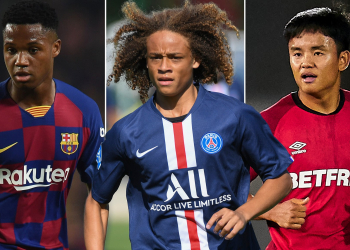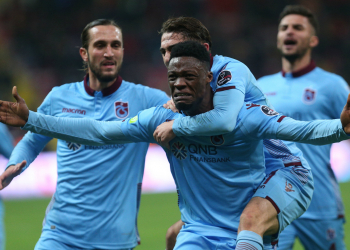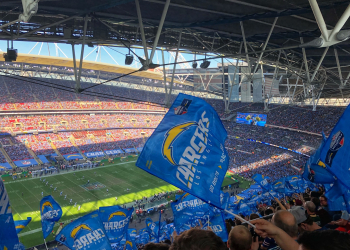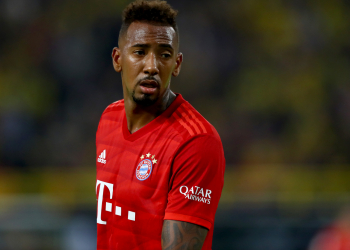One year on from the Extraordinary FIFA Congress 2016, FIFA President Gianni Infantino spoke about the practical side of the reforms implemented and the new structure at the organisation.
On 26 February, during FIFA’s deepest-ever crisis, the Extraordinary FIFA Congress approved a new set of statutes and elected you as the president. How much has the organisation changed since then?
The reforms are an undeniable element of change – and one that doesn’t depend on who’s in charge of the organisation. It’s a set of guarantees that FIFA is managed with transparency and good governance principles. This is one thing. Now, when I took office and vowed to bring football back to FIFA and FIFA back to football, this was not just a motto or wordplay. It’s a concrete idea to nurture the way FIFA is run.
What makes me happiest about the last 12 months is seeing these ideas, intentions and regulations shifted into reality; into the everyday life of football administration. FIFA’s work touches upon many walks of life and areas of knowledge, but the sole beneficiary has to be the game of football. Always. I guess this had been left aside in the past, and hopefully this new administration, under new Statutes, has started to change that over this first year.
If it has started, what are the next steps?
So, with all that said, there is still much to be done. This is just the beginning. What we did was to set up a framework: not my personal one, but what I firmly believe is a solid one for FIFA to operate in for years to come. After everything that happened in the past, we couldn’t afford to have a new administration simply coming in and taking things over short-sightedly. The institution needed a solid plan, and it was with that in mind that we came up with “FIFA 2.0: The Vision for the Future”. This is a concrete roadmap, with measurable goals, for FIFA as an organisation.
As the FIFA President, it is my duty to propose a way forward. And it’s up to the general secretariat to execute everything that is necessary to deliver these strategic decisions that I take with the assistance of the FIFA Council. Take football development, for example: at the FIFA Congress in May last year, I presented a master plan to change the way we finance our member associations.
It was a huge and concrete measure to shift the focus of FIFA to what it does – or has to do – best: develop football. Now the administration is making the Forward Programme the bread and butter of our member association’s development work. Investment is much bigger and more effective, with a much stricter control of the use of the funds. The Forward Programme is an all-encompassing example of how I hope to keep on trying to come up with innovative proposals. We act on the principles of the reforms, like transparency and the separation of powers; we focus purely on football; and we aim to reach as far as we can. This is the goal.
Speaking of reaching wider: was this the driving force behind expanding the FIFA World Cup?
FIFA manages football in the whole world and its main purpose must be to promote the game. Football is already overwhelmingly great, but we’re here to unleash its full potential everywhere and at all levels. This means more participation: that’s what the FIFA Executive Football Summits are about and that’s what the 48-team World Cup is about as well. There are already more and more countries producing top talent and organising football at a high level.
With the odds of reaching football’s biggest tournament being higher, the tendency is for development to surge even more across the globe. Will FIFA make more money with an expanded competition? Yes, it will. Provided that FIFA’s obligation is to reinvest the money it makes back into football, I don’t see how this is not a good thing. The very preliminary estimates are of an extra USD 640 million in revenue with the new format. That’s enough to build up over 1,100 turf pitches. Or 1,300 technical centres. Or to buy home and away kits for 64,000 teams. This is where the surplus will go. It’s football becoming bigger and more structured in more places in the world – which is what, to my understanding, should be exactly FIFA’s goal.
Join GhanaStar.com to receive daily email alerts of breaking news in Ghana. GhanaStar.com is your source for all Ghana News. Get the latest Ghana news, breaking news, sports, politics, entertainment and more about Ghana, Africa and beyond.




